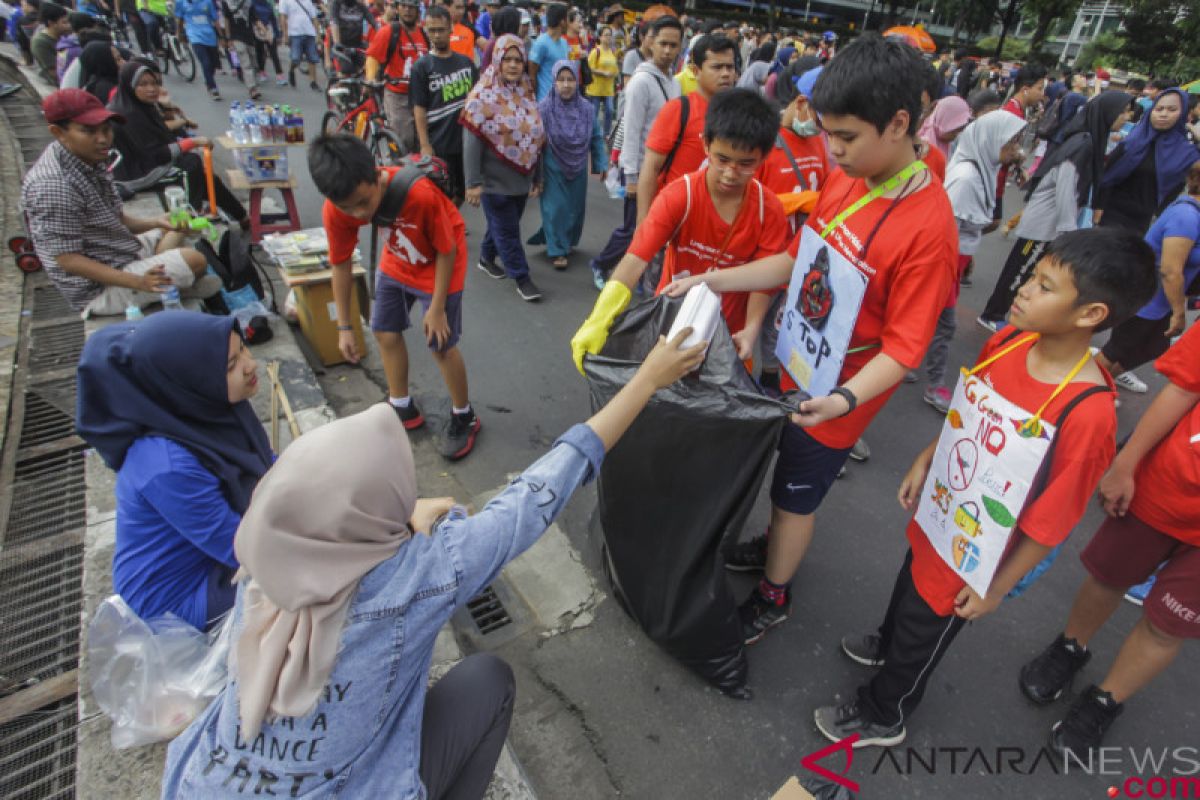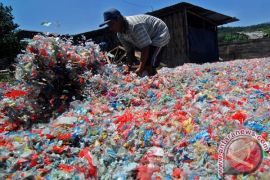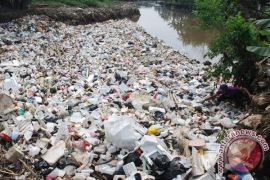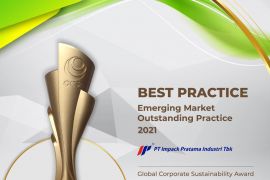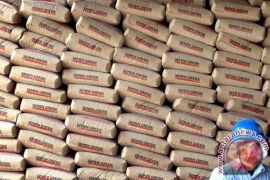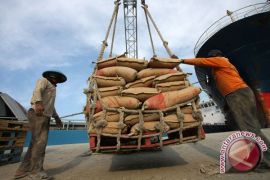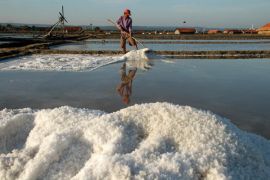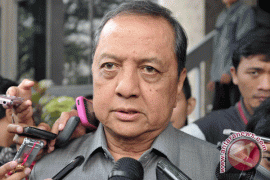"We reject it (imposition of plastic excise tariffs), as the important thing is to provide public education on waste management," Secretary General of the Indonesian Olefin, Aromatic, and Plastic Industry Association Fajar Budiono stated during a discussion in Jakarta on Tuesday.
Budiono noted that waste management should be streamlined, from merely gathering, transporting, and disposing refuse to filtering, transporting, and processing it, so that the problem of plastic waste, detrimental to the environment, can be brought under control.
He reminded that the function and role of the waste bank must be increased, so that it becomes a waste processing industry that encourages improvement in the quality of human resources to optimize waste management.
"Providing incentives to industries that want to recycle waste is also important," Budiono stated.
Budiono believes this waste management effort is feasible, as the imposition of plastic excise tariffs can be burdensome on the industrial sector. Most importantly, there are no other type of shopping bags that can be used by the community apart from plastic ones.
The government plans to implement plastic excise that aims to reduce consumption and protect the environment from plastic waste, whose volumes are increasing every year.
Even so, no agreement has been reached between stakeholders, including plastic industry businesses, so the issuance of Government Regulation for the implementation of plastic excise has been delayed.
In fact, the government has targeted revenues from plastic excise of Rp1 trillion in 2017, Rp500 billion in 2018, and Rp500 billion in 2019.
Reporting by Satyagraha, Andi Abdussalam
Editing by Andi Abdussalam
Reporter: Antara
Editor: Yosep Hariyadi
Copyright © ANTARA 2018
